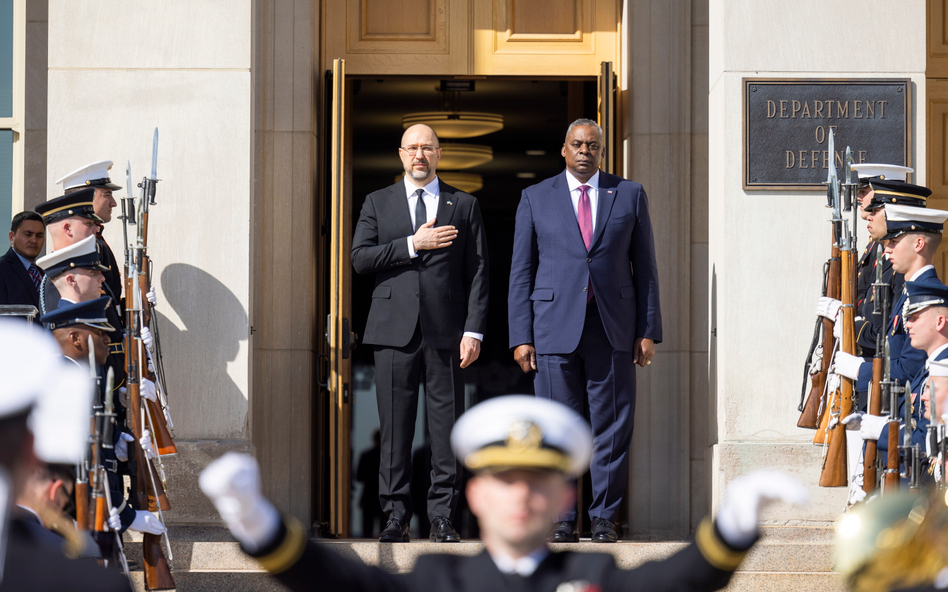US Support for Taiwan Participation in UN System Raises ‘One China, One Taiwan’ Concerns
While the U.S. has been increasing cooperation with Taiwan in the security arena and intensifying discussions with it in the economic arena, it has also been supporting Taiwan’s international participation, particularly in the U.N. system. This may exacerbate China’s concerns that the U.S. is abdicating its “one-China” policy and engaging in one of “one China, one Taiwan.”
According to a statement from the U.S. Department of State on April 11, the American Institute in Taiwan and the Taipei Economic and Cultural Office called together representatives from the U.S. Department of State and Taiwan’s Ministry of Foreign Affairs in Washington D.C. on April 10 to discuss the expansion of Taiwan’s participation in the U.N. and other international forums.
The focus of the discussion was on supporting Taiwan’s expanded participation in the upcoming World Health Assembly and International Civil Aviation Organization in May, as well as Taiwan’s significant participation in non-U.N. international, regional and multilateral organizations.
Participants exchanged views on addressing global challenges such as global public health, aviation safety, climate change and the environment, as well as opportunities to work together to strengthen technical standards and economic cooperation.
The American delegates highlighted the world-class expertise Taiwan brings in many areas of global concern, including health, food safety, green fuels for aviation and women’s economic and political empowerment, and they reiterated the U.S. commitment to Taiwan’s effective participation in the World Health Organization and the ICAO.
Participants from both the U.S. and Taiwan said they recognized the importance of working closely with like-minded partners who shared American and Taiwanese concerns regarding “attempts to exclude Taiwan from the international community.”
During his visit to China in 1998, former President Bill Clinton stated in Shanghai that the U.S. had a “Three No’s policy” toward Taiwan: No support for Taiwanese independence, no support for “two Chinas” or “one China, one Taiwan” and no support for Taiwan becoming a member of any organization to which admission was based on the premise of statehood. For many years, this was seen as the traditional position of the U.S. on the question of Taiwan’s international engagement. In recent years, however, U.S. officials have gradually shifted away from this position toward more explicit support for Taiwan’s full participation in international organizations, even those affiliated with the U.N.
The U.S. State Department’s latest statement did not mention U.S. support for Taiwan’s participation in international organizations with non-state membership as a prerequisite, as it is traditionally worded, but instead emphasized the U.S. focus on supporting expanded participation in the U.N. system. This is bound to lead to more concern in China as to whether the U.S. is promoting “one China, one Taiwan” in the international arena, or even supporting Taiwan’s return to the U.N.
In the past few years, prior to the WHO, ICAO and Interpol conferences, the U.S. has launched campaigns in support of Taiwan engagement and encouraged some small countries to propose bills supporting Taiwan’s participation, but Taiwanese attempts to take part in these conferences have always been to no avail.
As for Taiwan’s international participation, Chinese Foreign Ministry spokesperson Mao Ning stated on March 31 that “Our position is very clear: There is only one China in the world, the Taiwan region is part of China, and the one China principle is a recognized norm for international relations and the general consensus of the international community. We are firmly opposed to official exchanges between any country and Taiwan, as well as to Taiwan entering into any agreements or organizations of an official nature.”

